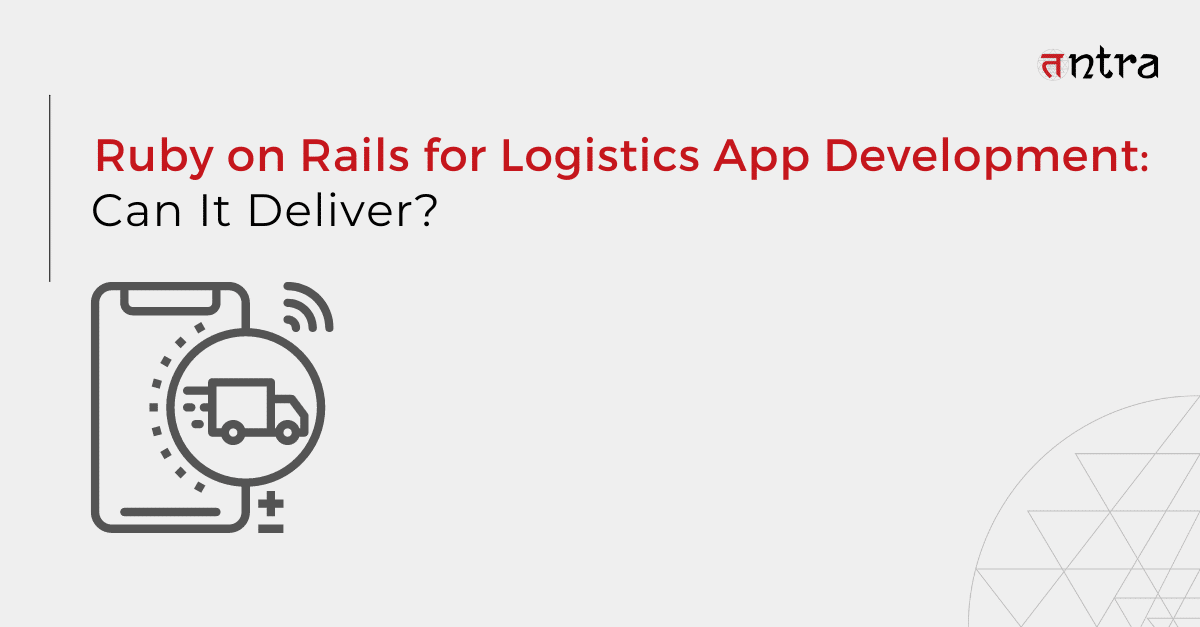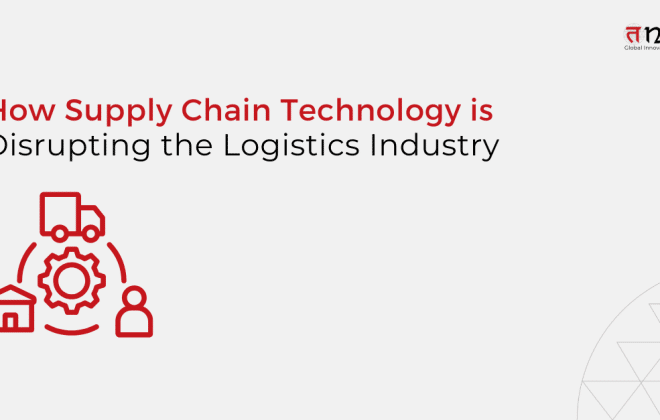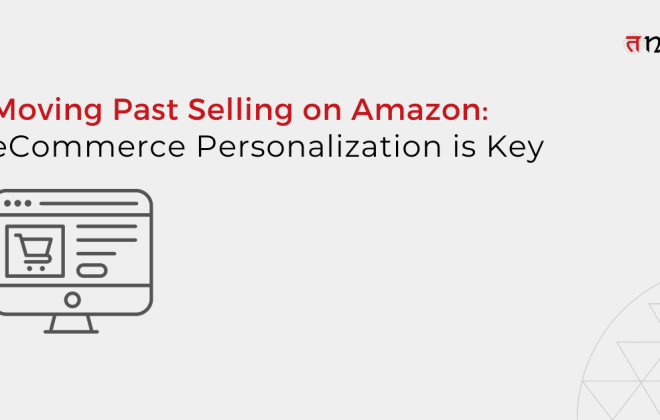
Ruby on Rails for Logistics App Development: Can It Deliver?
Table of Contents
ToggleInstacart is one of the biggest players in the grocery delivery segment. It partners with 300+ companies and brands to deliver groceries. Through a mobile or mobile app, users can purchase products. It is one of the proven examples of Ruby on Rails for logistics software.
Across the whole of North America, the company delivers in over 5,500 cities. It started its operations in America but is rigorously expanding in the Canadian market. Users can get real-time updates and opt for same-day deliveries as well.
Instacart is an on-demand grocery delivery app. The distribution includes proper inventory management, tracking orders, processing the delivery, and more. Using Ruby on Rails for logistics software applications, the company was able to simplify the complexities of the app.
Along with Ruby on Rails, the company also uses React, Firebase, Python(Pandas, NumPy), and other technologies in its tech stack.
(Source: Ideamotive)
Where does Ruby on Rails Stand Now?
Currently, there are 1,088,355 websites that use Ruby on Rails in their technology stack. The framework powers 7.51% of the top 10,000 website apps. It is mature and has the right capability to serve the needs of growing enterprises.
Ruby on Rails 7.0 is the latest version of the framework. It simplifies the development process by eliminating and adding a lot of features. The framework receives constant updates, making Ruby on Rails for logistics software and services a powerful choice.
Over 6% of manufacturing and transportation companies hire developers for Ruby on Rails. Ruby on Rails for logistics software companies is a popular choice.
Read more: Why is Ruby on Rails Migration Important in 2022?
Are Ruby on Rails and Supply Chain Compatible?
Ruby on Rails logistics software development may not make sense for a lot of companies. However, it is an important technology for 15+ industries. On-demand delivery solutions are the prime users of Ruby on Rails.
Supply chain software has a lot of complexity. They require features for fleet management, shipment tracking, real-time updates, inventory management, and more. While it will be a challenge for Rails alone to create a solution like that – it can work perfectly well with other technologies to build supply chain software.
Here’s what makes Ruby on Rails for logistics software applications compatible with other technologies:
- Faster Development
Ruby on Rails is known as “startup technology,” It is fast and reliable. Logistics companies can build a quick prototype with Ruby on Rails. It has simple syntax, amazing third-party plugins, and a powerful structure. Ruby on Rails logistics software cost is also less as developers take minimal time to build the product. - Secure Application
Logistics systems generally have a lot of sensitive information – user data, package details, and whatnot. Rails 7.0 offers out-of-the-box encryption for the application. There’s no need to add any additional gem or plugin. Ruby on Rails encrypts the database by default in the newer upgrade. - Amazing Ecosystem
Whether it’s the wide community or RubyGems – Ruby on Rails has an exceptional ecosystem. There’s a plugin for almost everything – payment gateway authorization, authentication, automated testing, and much more. Apart from that, the Ruby on Rails community of 5,000+ developers provides amazing support for different projects.
Ruby on Rails is a highly scalable platform for building amazing logistics applications. The framework offers wonderful features that can help in creating a powerful logistics application. A company offering software product engineering services can create logistics software for growing enterprises.
Read more: Ruby on Rails: Relevance and Best Practices
Conclusion
Logistics software development is complex. Therefore, it requires technology to create software that can handle the ups and downs of the development process. Ruby on Rails is the perfect companion for building such an application.
However, the implementation of Ruby on rails requires the knowledge of experts and specialists. Tntra is a trusted software product engineering company with 100+ developers who use Ruby on Rails for logistics software best practices.
Consult us today for your next supply chain project.





